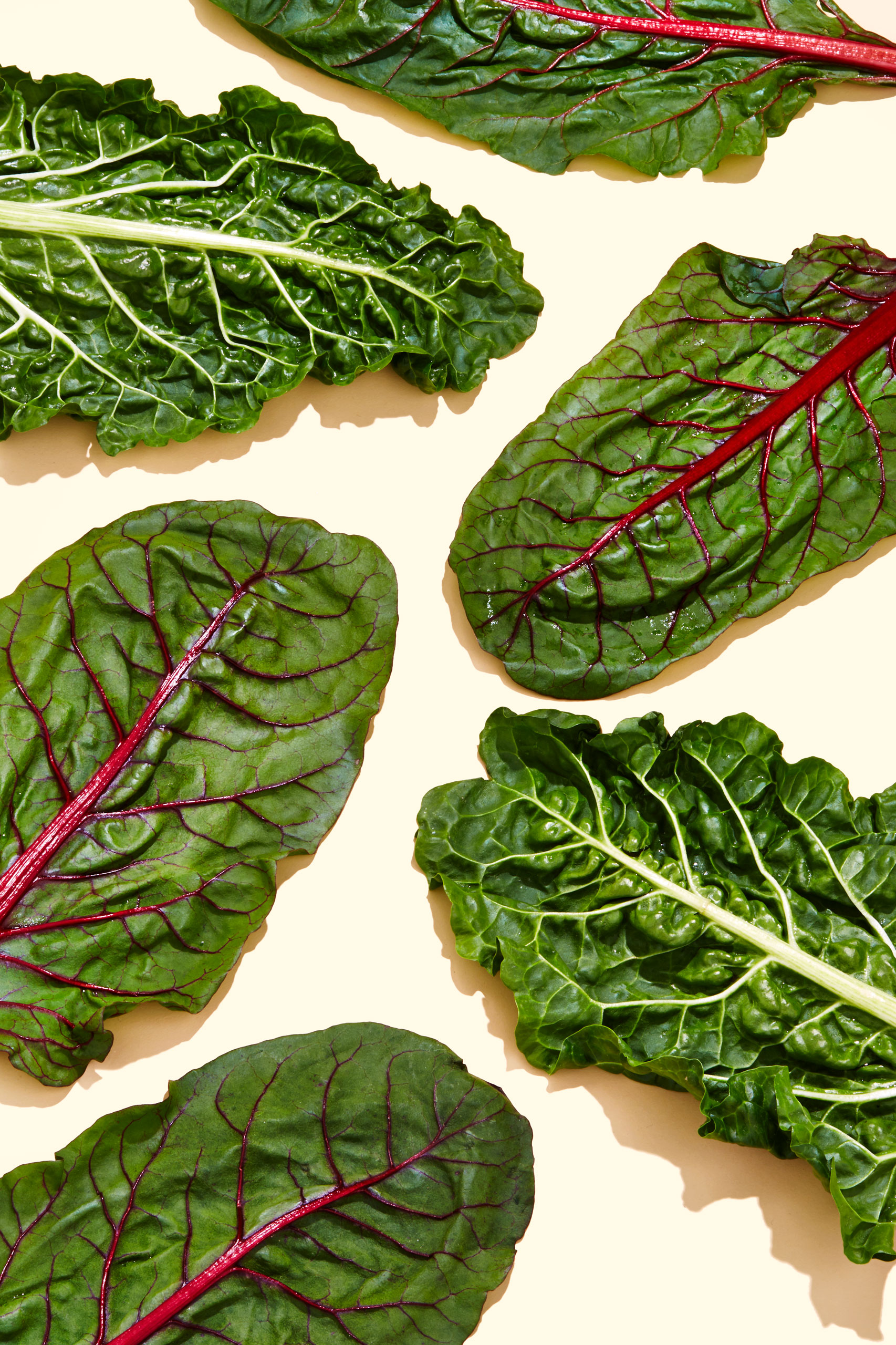
The troubling link between pesticide exposure and fertility isn’t new; scientists have already established that people who work with pesticides tend to have lower fertility than people who don’t. But for the majority of us who don’t work with chemicals, diet is the biggest source of exposure, says Jorge Chavarro, MD, assistant professor of nutrition and epidemiology at Harvard School of Public Health and senior author of a new study published in the journal Human Reproduction.
Chavarro and his colleagues wanted to see if pesticide residues left on fruits and vegetables might have a similar effect on sperm—and their findings suggest that they did. Men who ate fruits and vegetables with a lot of pesticides had lower sperm counts and more oddly shaped sperm than those who had lower levels of dietary pesticide exposure.
MORE: Not So Fertile Ground
Over an 18-month period, the researchers used data from the Environment and Reproductive Health (EARTH) study, including semen samples from 155 men who were being treated at a Boston fertility clinic and a food frequency questionnaire they completed. The researchers determined pesticide exposure by comparing the questionnaire answers with government data about produce pesticide levels in the USDA’s Pesticide Data Program.
The study didn’t tease out individual foods, but the researchers classified produce according to whether it had high or low-to-moderate levels of pesticides. Men who ate the most high-pesticide fruits and vegetables had a 49% lower total sperm count and 32% fewer sperm that were shaped normally, compared to men who ate the least amount of the high-pesticide produce.
Researchers gave each piece of produce a score based on its level of detectable pesticides, its level of pesticides that exceeded the tolerance level established by the U.S. Environmental Protection Agency, and whether the produce had three or more types of detectable pesticides. (The bigger the score, the more it hit all three measures.) Ranked from highest pesticide contamination to lowest, here were the top fruits and vegetables:
The team didn’t tease out associations with individual pesticides. But they believe that a mixture of pesticides—not just one particular pesticide—is responsible for the link. The strongest variable in their analysis were the proportion of fruits and vegetables consumed that use three or more pesticides. “The more pesticides are applied on any particular crop, that seems to be having a bigger impact,” Chavarro says.
Chavarro says he still remains skeptical, and that one study isn’t enough to offer definitive proof. “As far as we are aware, this is the first time that something like this has been reported,” he says. “It will be very important to replicate these results in other studies.” But for people who are concerned about their dietary exposure to pesticides, there are ways to lower it, he says, like eating organic and choosing produce not listed on the Environmental Working Group’s dirty dozen list.
More Must-Reads from TIME
- Why Biden Dropped Out
- Ukraine’s Plan to Survive Trump
- The Rise of a New Kind of Parenting Guru
- The Chaos and Commotion of the RNC in Photos
- Why We All Have a Stake in Twisters’ Success
- 8 Eating Habits That Actually Improve Your Sleep
- Welcome to the Noah Lyles Olympics
- Get Our Paris Olympics Newsletter in Your Inbox
Write to Mandy Oaklander at mandy.oaklander@time.com